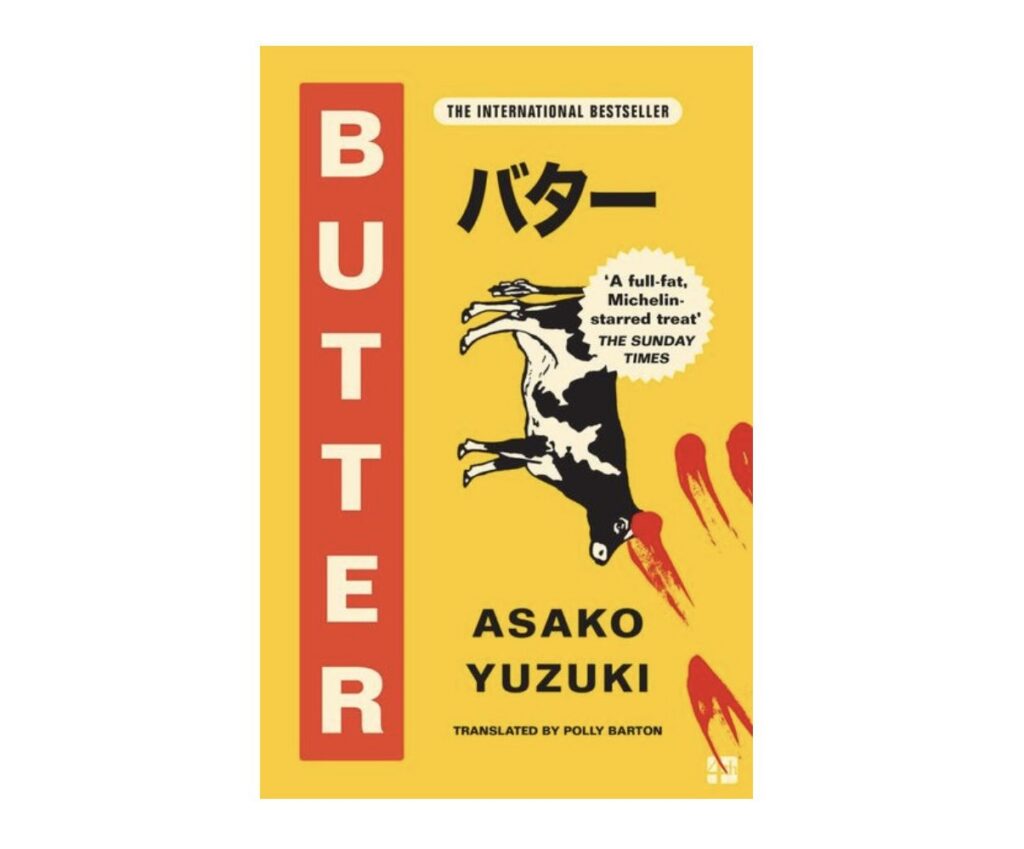
- ARAB NEWS
- 13 Jul 2025

“In principle, all women should give themselves permission to demand good treatment—but the world makes doing so profoundly difficult.”
This insight, from Asako Yuzuki, author of the award-winning novel Butter, masterfully captures the impossibility of a particular kind of feminine “diet”: one that asks women to starve not just their bodies, but their ambition, their pride, their voices.
In Butter—a blend of psychological fiction and rich culinary narrative—Yuzuki explores this hunger with sharp emotional depth. Most recently, the novel won the 2025 British Book Award for Debut Book of the Year.
“Pleasantly full as she was, Rika felt like crying. She might dine with someone, but at the end of the meal they would go their separate ways.”
Yuzuki writes of her protagonist, Rika, as she confronts a brutal truth: in a society built on restraint, there is little space for well-fed women—emotionally or physically.
Like a knob of butter melting under heat, Yuzuki crafts a slow-burning, calculated critique that simmers and thickens as readers sink deeper into the contradictory world of female experience.
But unlike butter, her commentary is anything but bland. Yuzuki’s rich, pointed criticism of patriarchal systems—those that define a woman’s ambition, appearance, and, of course, appetite—coats every corner of the palate. The result is a powerful reflection on how Japanese women navigate body image and diet culture.
The story follows Tokyo journalist Rika, who becomes obsessed with Manako Kajii, an enigmatic woman accused of killing men by fattening them up with luxurious home-cooked meals.
As Rika—initially a thin, reserved woman—dives deeper into Kajii’s world, she finds herself both captivated and disturbed, not only by Kajii’s methods but by the crushing standards that shape her own life.
The novel’s point of tension, however, lies less in Rika’s evolution and more in our re-evaluation of Kajii herself.
“There are two things that I can simply not tolerate: feminists and margarine.”
Kajii declares toward the end of the novel.
Intentionally provocative, Kajii is not just controversial for her alleged crimes—but for rejecting a version of feminism that prioritizes politeness over power. She despises artificial womanhood the way she despises margarine: a cheap substitute for something real.
Yuzuki constructs Kajii with unapologetic sharpness, a bold foil to the more passive Rika.
The butter vs. margarine metaphor captures the heart of the novel: Butter is indulgent and decadent. Margarine is diet-friendly, restrained, and artificial.
Yuzuki’s message is clear: women have been fed margarine for far too long—watered-down ideals, slimmed-down identities. Her novel is a call to reclaim the richness of desire, complexity, and hunger.
In the end, Butter offers no tidy solutions. Instead, it dares readers to ask harder questions.
The closest thing we are given is a quiet revolution: an invitation to honor women who are well-nourished, not just in appetite—but in voice, feeling, and selfhood.